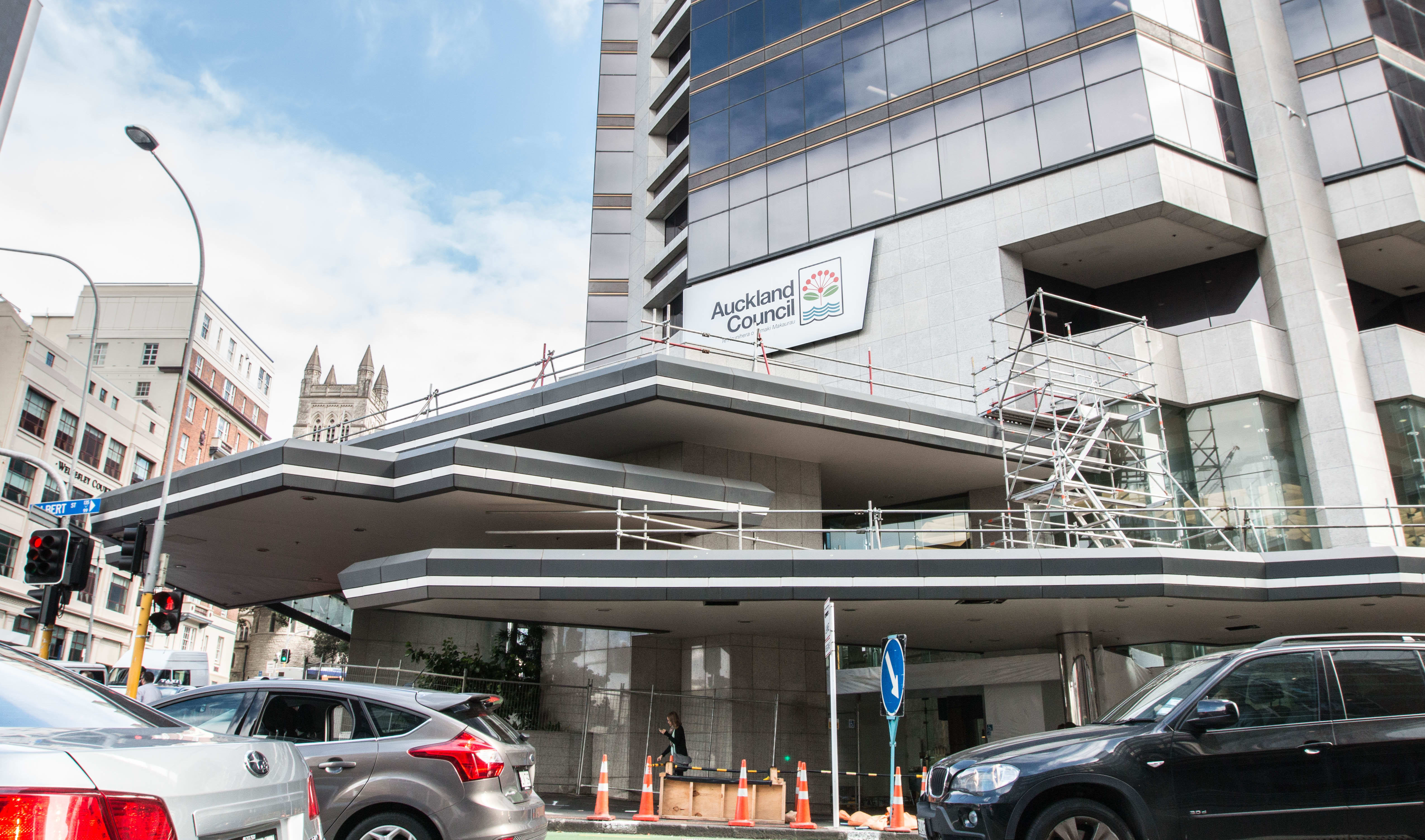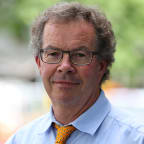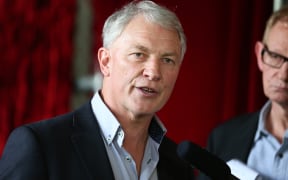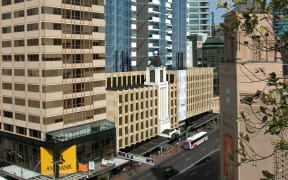A review of Auckland Council has suggested some radical changes, including a new suggestion for a parliamentary-style MMP party-based system.

Photo: RNZ / Tom Furley
The final version of the Governance Framework Review, by consultant Gareth Stiven, is to be considered by councillors next month.
It's one of five options suggested in the "Governance Framework Review", the first-ever review of how the six-year-old amalgamation in Auckland is working.
Another key change suggested included having some of the 20 ward councillors elected regionwide, as the mayor is, to improve the regional focus.
Four suggestions for Auckland Council:
- Fewer Wards - Reducing the number of wards from the present 13, aiding a more regional focus
- Combination of At-Large and Wards - Mayor and 10 councillors elected regionwide and 10 from wards
- Mixed Member - A combination of At-Large and Wards, but local councillors would instead be appointed by Local Boards
- Party System - A Parliamentary-style system with parties and proportional representation like MMP
The party system, with seats distributed proportionally similar to MMP, was the least likely of the options proposed, the report said.
Another proposal of having all 20 councillors elected by the entire region suggested in a draft completed in July, was dropped from the final report.
The 164-page review found there were many things functioning well in Auckland Council, but clashes between local and regional priorities were grounds for change.
It said the organisation had failed to adapt, and change would be needed to remove the overlap between political tiers.
The two-tiered system made administration complicated and inefficient, it said, and in one calculation it was estimated that support for local boards cost $27 million, equivalent to 8 percent of the value of spending decisions they make.
The report argued for more responsibility and discretionary funding to be allocated to local boards and said there was an argument for reducing the number of local boards from the current 21.
It suggested improving the balance between the local boards' work and that of the council, and possibly bulk-funding them.
Legislation required the 20 councillors to act "in the best interests of the region" but in being elected by a specific ward, they could be "distracted from the core strategic roles they were elected to fulfill", it said.
The region's new mayor Phil Goff has targeted greater Council efficiency and lower cost as a priority.
However, that could conflict with handing more decision-making power to local boards and reducing the cost of local boards by consolidating into fewer, larger ones.
Meanwhile, it was also unclear whether or how the Local Government Commission own review, conducted as a consequence of a breakaway move proposed by the northernmost rural communities, would interact with the new suggestions.






